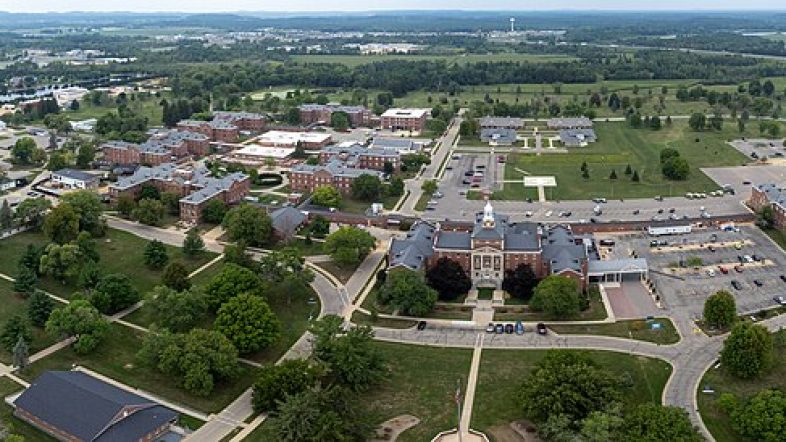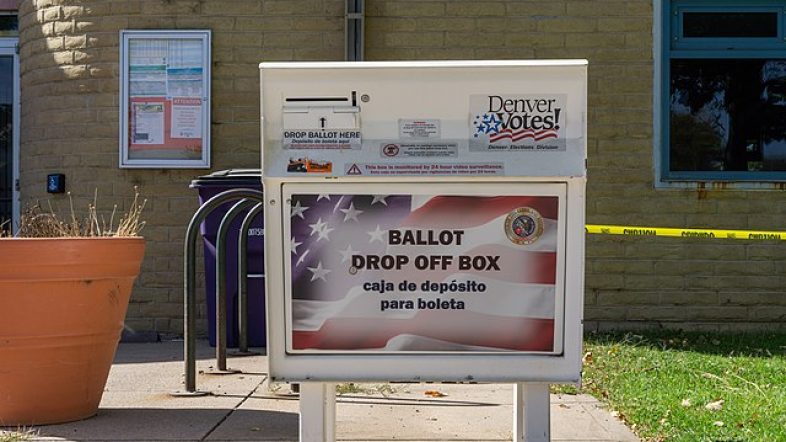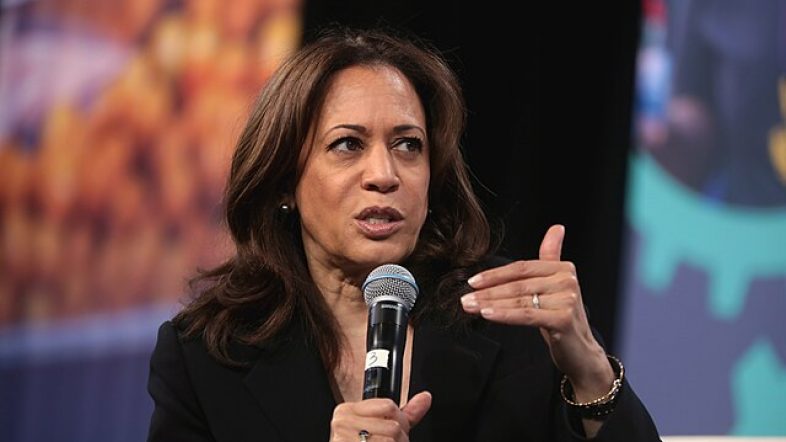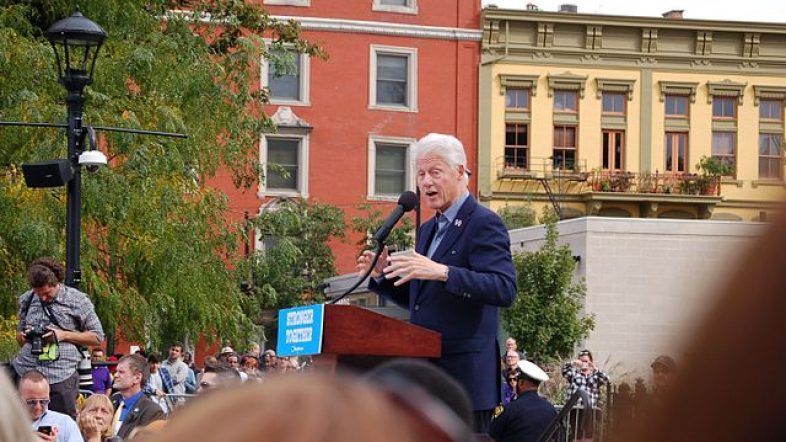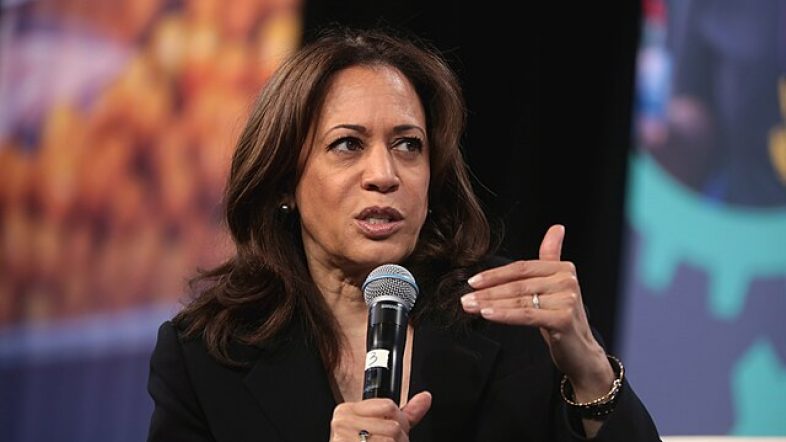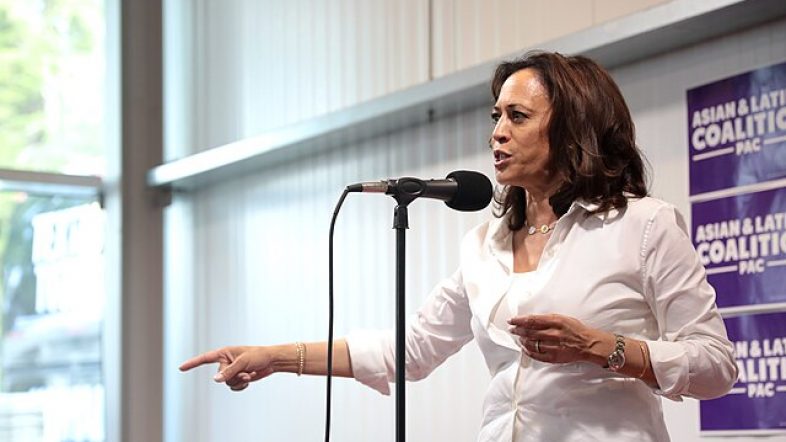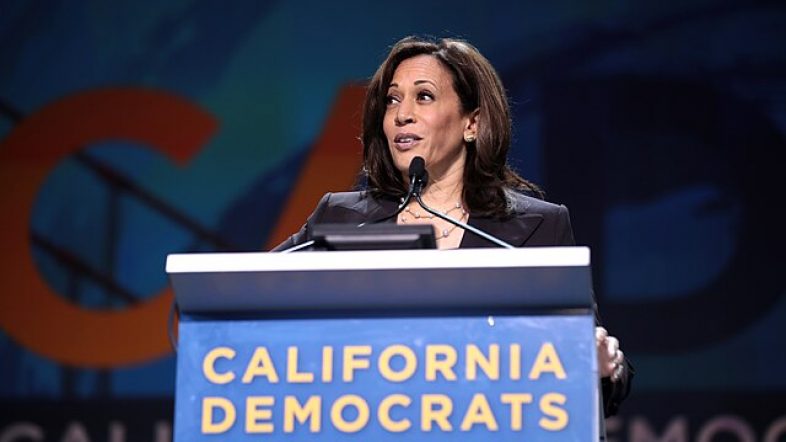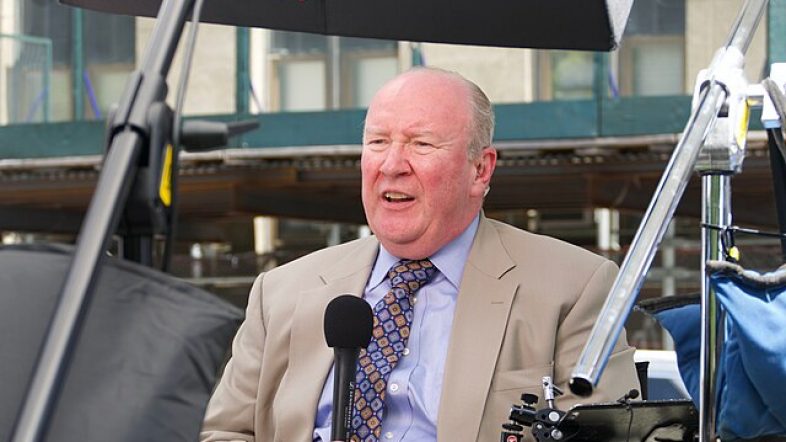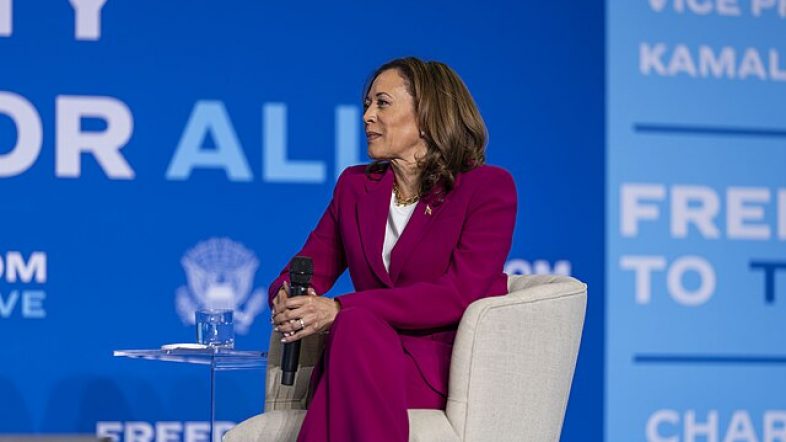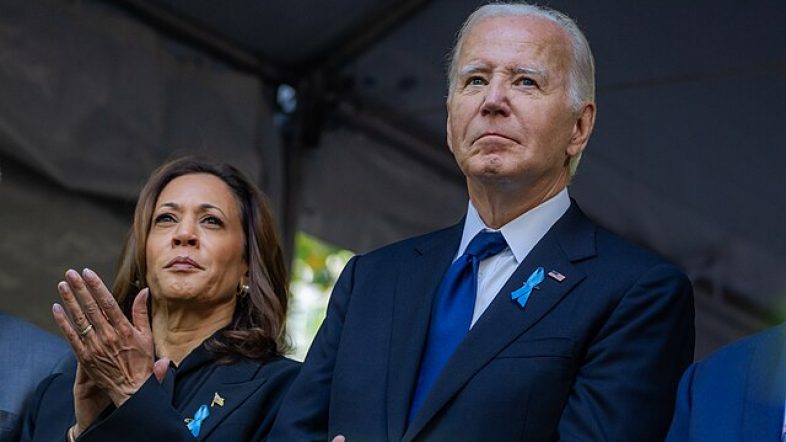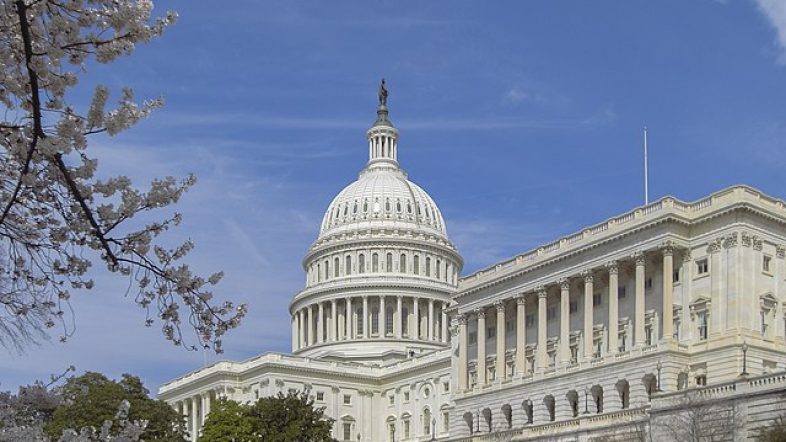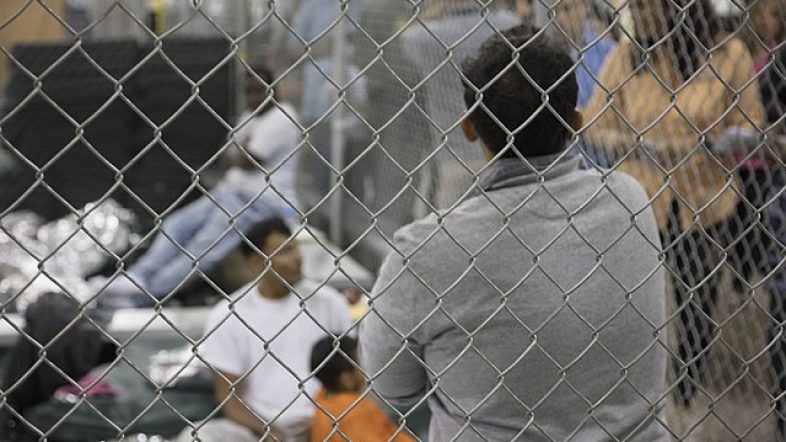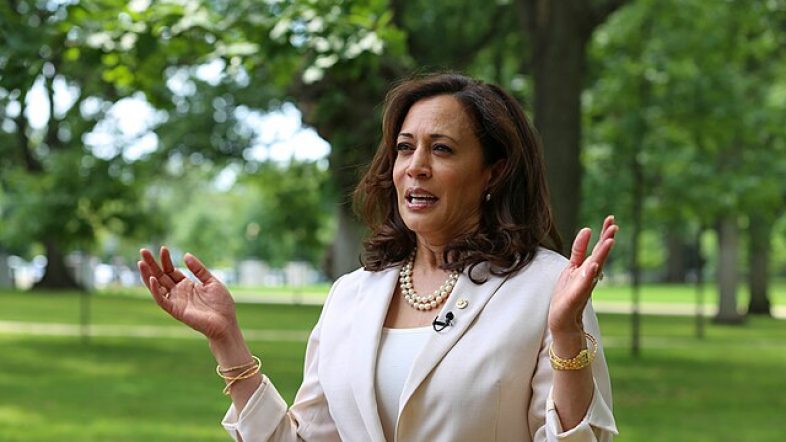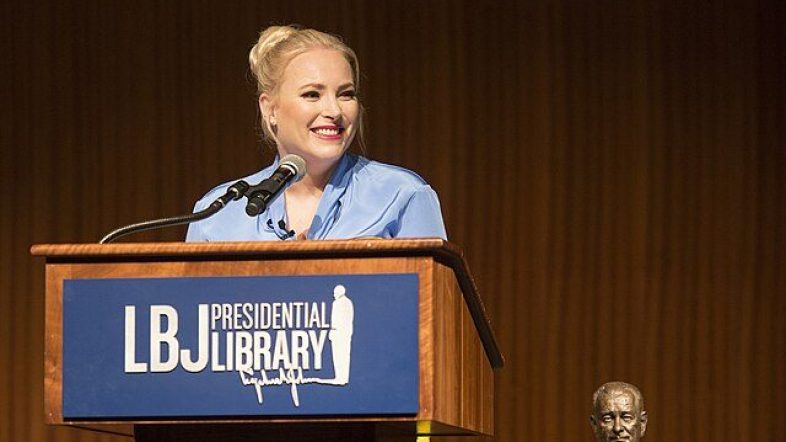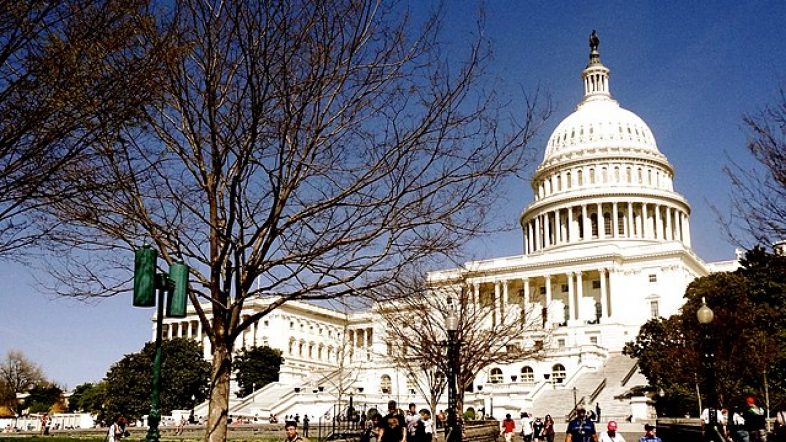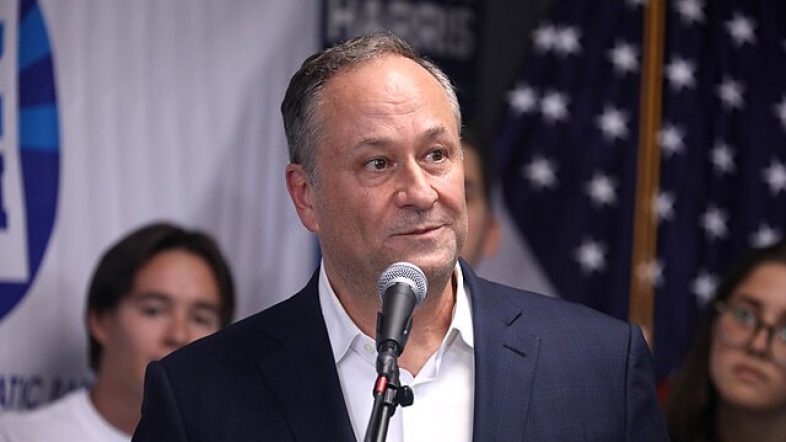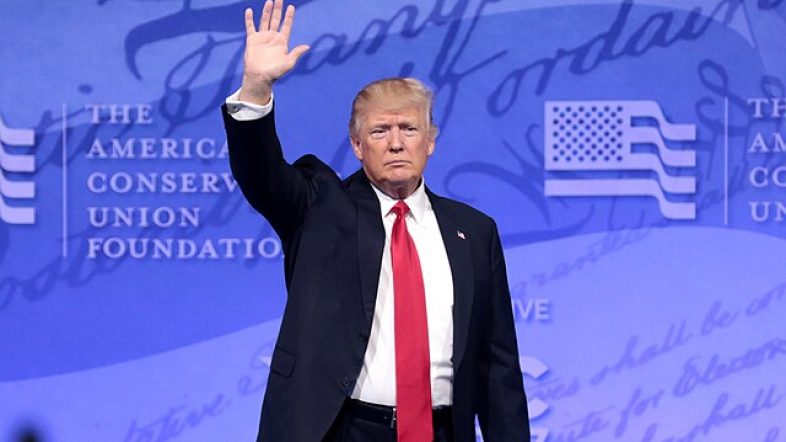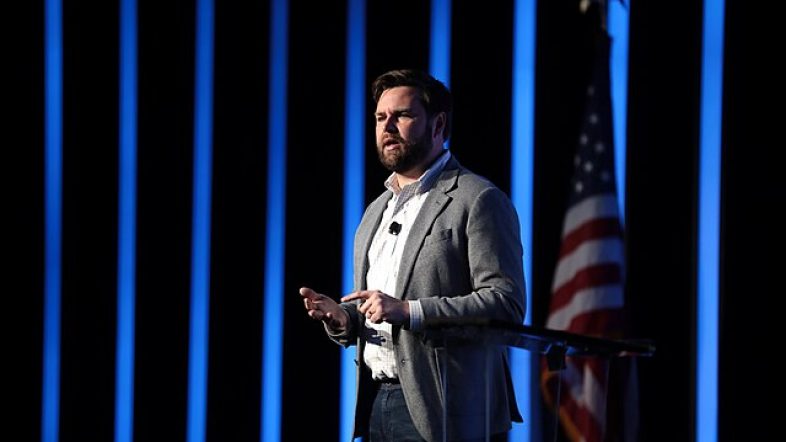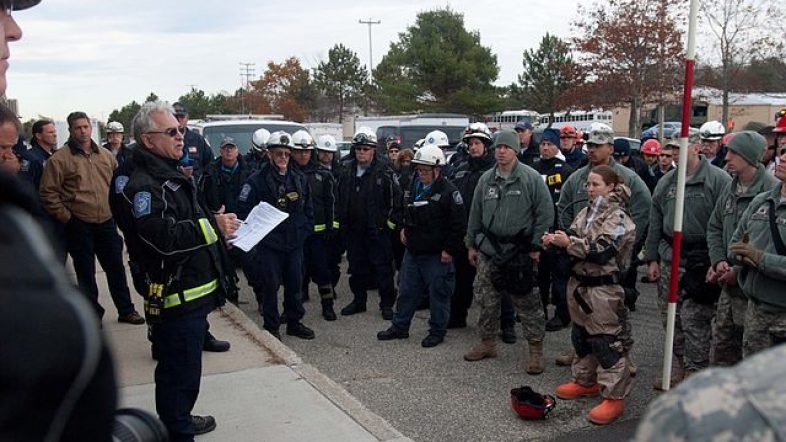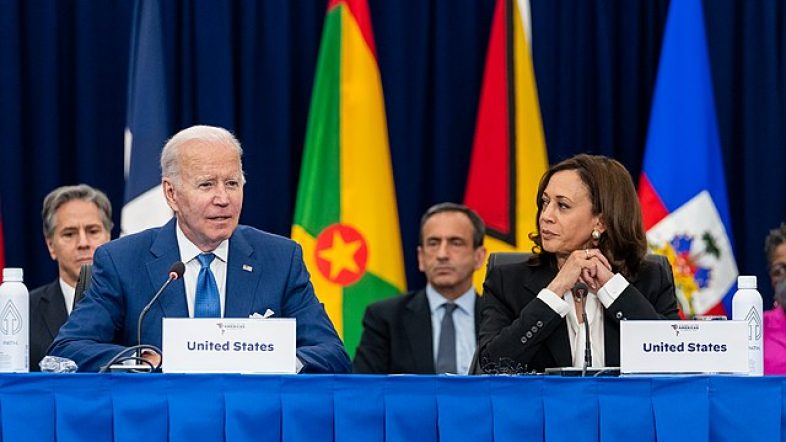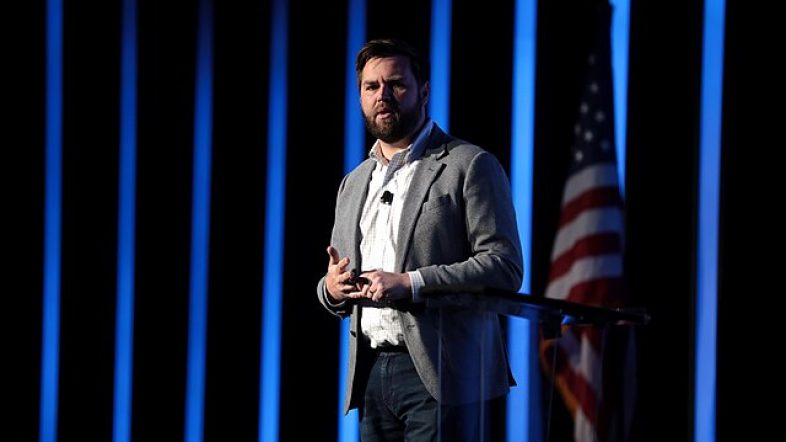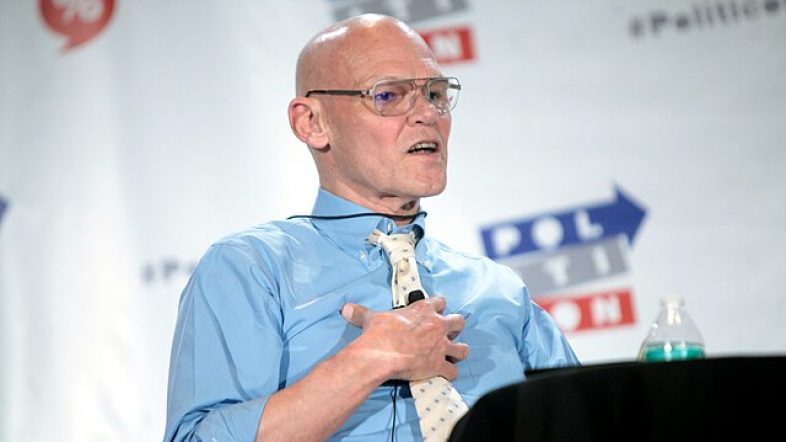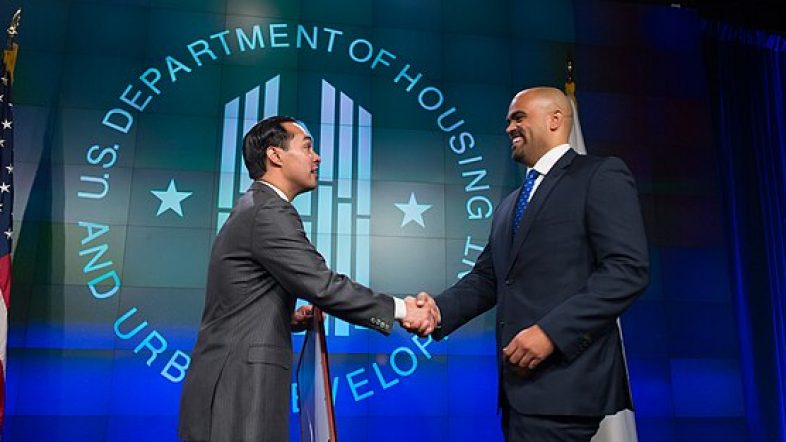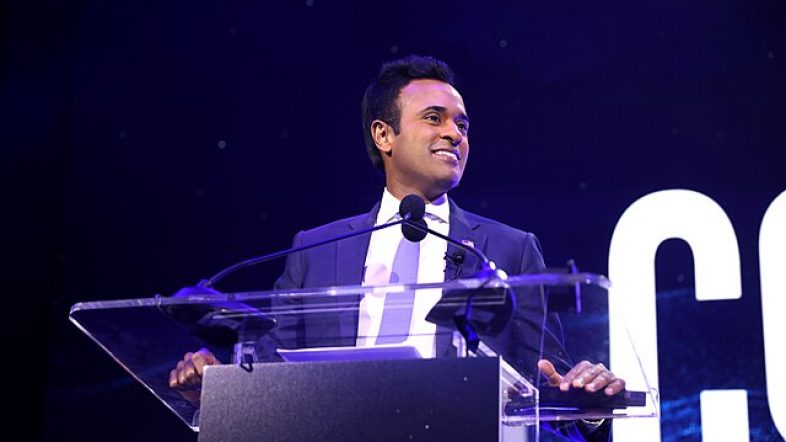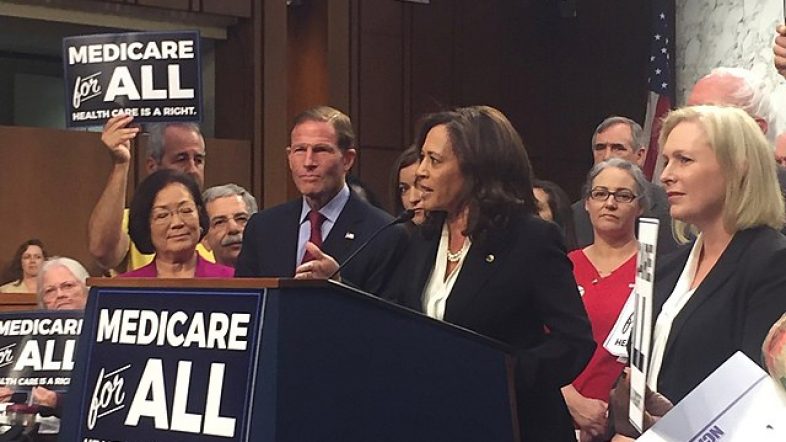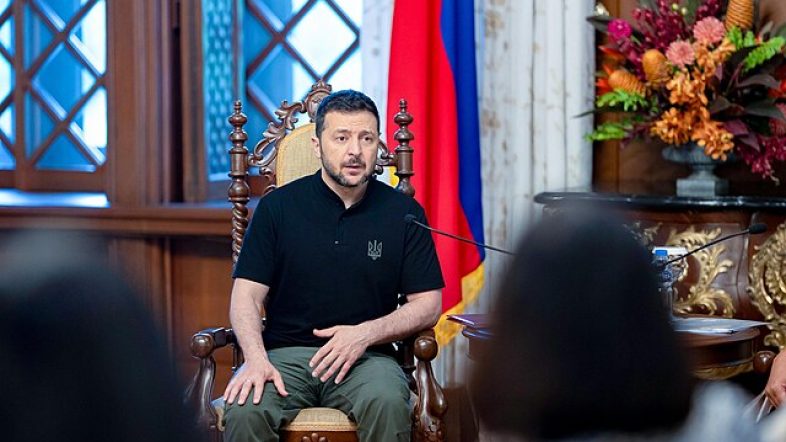The Department of Veterans Affairs (VA) doesn’t track surgeries performed on transgender veterans to address problems arising from initial sex change operations despite the possibility of disruptive or dangerous complications.
The VA health system allows and pays for revisional surgeries for complications that may arise from initial surgical procedures that attempt to construct anatomy resembling that of the opposite sex, an agency fact sheet shows. Individuals who undergo major sex change operations can suffer painful complications that interfere with everyday bodily functions, but the VA said it does not know the extent to which veterans need medical care to address those issues.
“VA does not collect data that are unique to revisional gender affirming surgeries, including indications for procedures,” the VA said in a statement to the Daily Caller News Foundation.
“It is simply not credible for the VA to claim that they do not have or could not easily provide data related to hormone or surgical treatments for gender dysphoria, especially procedures needed to fix physical damage done by previous surgeries on healthy genital body parts,” Elaine Donnelly, president of the Center for Military Readiness, told the DCNF.
Current regulation prohibits the Veterans Health Agency (VHA), the VA sub-organization responsible for veteran health care, from performing the initial gender change procedures. Those include vaginoplasty, which is the construction of a false vagina on males, and phalloplasty or metoidioplasty, two different procedures that involve surgically constructing a false penis on females.
“Should they collect the data? Absolutely,” Dr. Carrie Mendoza, director of Genspect USA, an organization that advocates for evidence-based care for “gender-nonconforming individuals,” told the DCNF.
Complications can include chronic non-healing wounds, incontinence, infection or chronic pain, she said. Sex change procedures may also create problematic scar tissue or fistulas, “which are connections between two openings that shouldn’t be,” Mendoza added.
“Those would trigger need for revision,” she told the DCNF.
When asked how often such complications arise, she said, “nobody knows.”
“The lack of specificity around the coding leads to inaccuracies of counting the cases. So we don’t know the answer, because it’s not systematically tracked,” she said.
It’s not known how many transgender veterans who have undergone initial transition surgery are receiving care from the VA.
A 2014 survey conducted by The Williams Institute on Sexual Orientation and Gender Identity Law and Public Policy at UCLA School of Law estimated that up to 134,300 veterans identify as transgender.
In 2017, the VA estimated that approximately 5,000 transgender veterans get their health care from the VA, according to a 2017 statement. Another study covering the seven years between 2006 and 2013 found that 2,600 veterans identifying as transgender received some form of medical care from the VA.
The VA highlights its efforts to accommodate transgender veterans and says it has made doing so a policy priority.
The VA’s medical plan already covers a variety of transgender treatments, including gender transition hormones and prosthetics, such as chest binders, and will provide letters of support to surgeons and private insurance providers for sex change surgeries, according to the fact sheet. Secretary Denis McDonough announced plans to allow major sex change surgeries in 2021, according to the website, but he has delayed signing a finished rule to formally authorize VHA facilities to conduct the procedures.
The regulation is delayed due to the PACT Act, sweeping legislation that would expand VA benefits to potentially millions of Americans, according to Military.com. McDonough said the department needs to analyze the PACT Act’s effect related to transgender veterans, including how many new transgender veterans might enroll or what services they will ask for.
“VA doesn’t perform those surgeries, and doesn’t pay for them. But we’ll be there to help the Veteran out if something[sic] happens to go wrong after transition surgery. If complications occur following surgery, VA will provide the Veteran with medically necessary care,” Dr. Michael Kauth, director of VHA’s Lesbian, Gay, Bisexual, Transgender and Queer Plus (LGBT+) Health Program, said in the 2017 statement.
A 2020 Government Accountability Office report found that the VA did not collect data about veterans’ gender identity. In January 2022, the VHA demonstrated that it updated medical enrollment forms to include fields for so-called self-identified gender identity data and that it would be displayed in the agency’s electronic records systems.
Only in September of 2022 did the VHA finish analyzing initial gender identity data and compare it with birth sex when possible, the GAO said in closing the recommendation made to the VHA
Changes were made “to assess health outcomes for transgender and gender diverse veterans,” the GAO said.
The DCNF previously reported doctors at at least one VA health facility discussed ways to handle expected complications that arise from major sex change operations, which can occur in up to 50% of phalloplasty cases and less in other genital surgeries.
Emails discussing a proposal for funding to contract surgeons, purchase equipment and hire nurses and staff for a so-called Comprehensive Gender Affirming Surgical Center (CGASC), obtained by the DCNF, show VA and Seattle Children’s Hospital staff and practitioners casting complications in a positive light.
“Sounds like this is an opportunity for us to ask for additional resources (beyond those in the initial proposal) to strengthen our proposed program,” Alexander Skokan, a trauma and reconstructive urologist and assistant professor of urology at the University of Washington, wrote in an April 9, 2023, email obtained by the DCNF.
“They’re probably unsure if our proposal is strong enough out [of] the gates, and thus this is probably a critical piece to shore up our application,” he added, referring to the VHA.
At the time, veterans with complications were likely getting community care referrals from the VA to University of Washington Medicine for care, according to Skokan. While the facility was prepared to manage minor complications and some chronic issues such as post-vaginoplasty urethral stricture, it was unable to address more complex issues.
Documenting complications is important toward understanding how transition operations can result in fewer complications and less need for revision, Mendoza told the DCNF.
“We don’t want substandard health care especially for veterans, but for anybody,” Mendoza said.
Donnelly told the DCNF addressing complications from sex change operations could also drain the VA’s budget for medical care.
“Procedures done to ‘affirm’ a person’s synthetic sexual identity are very expensive, sometimes debilitating, and often lifelong. Expenditures demanded by transgender activists could seriously drain resources that would otherwise be used to meet the health care needs of the majority of veterans,” Donnelly said.
Micaela Burrow on March 10, 2024


